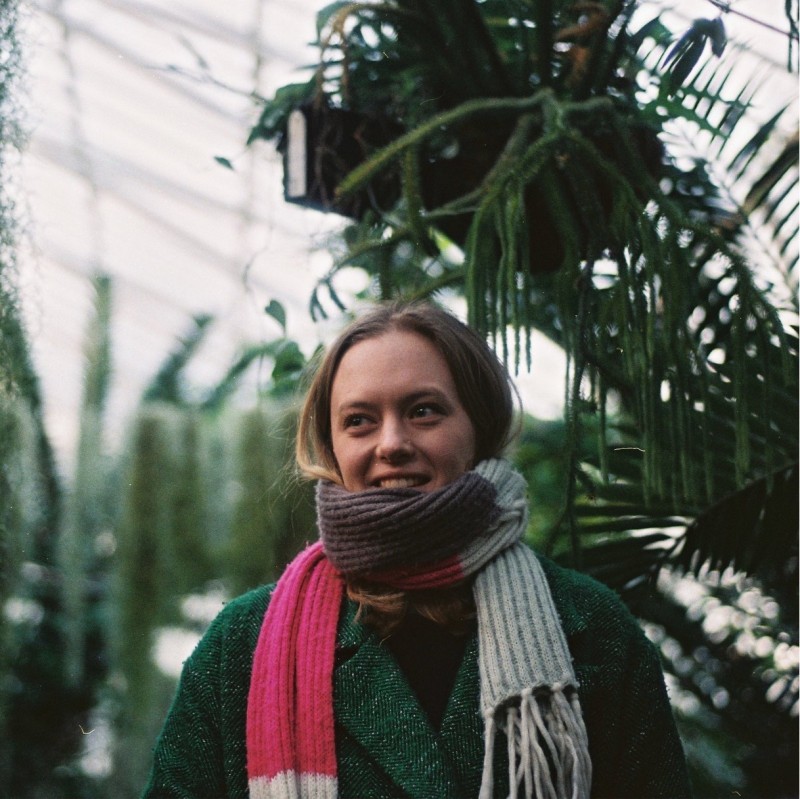Natasha Stanley (L) and Sophia McAlpine (R)
“The thought of entering a period of perceived instability or having to start again when it feels like everybody else has got it all sorted now, can be really, really scary.”
It’s something that resonates with Sophie McAlpine, 28, who is now a broadcast journalist with BBC Newsnight. She began her career as a journalist at 26, joining Times Radio as an assistant producer, having previously worked as a publicist. “My biggest challenge now is within myself,” she tells Journo Resources, “feeling like a chancer because I don’t have any relevant training or qualifications, feeling behind because I’m slightly older than some of my peers.”
Self-doubt and confidence were also cited by one in five people in the City & Guilds research as key barriers to changing careers. But while these feelings of self-doubt and impostor syndrome can feel overwhelming, they often don’t reflect the reality of a career transition’s success.
City & Guilds CEO Kirstie Donnelly MBE emphasises the importance of career switchers “recognising their own transferable skills”, while Sophie agrees that her lack of formal journalism training hasn’t been a major limitation in her new career.
A Cliff Edge Of Opportunities
However, not all barriers can be solved with a new mindset, with many support schemes for emerging journalists specifically aimed at younger entrants. For example, looking at the opportunities listed on Journo Resources’ database of mentoring schemes> in December 2024, more than a quarter had some kind of upper-age cut-off.
For example, applicants to ELLE: Generation Next mentoring programme are capped at 24, while Arts Emergency, The Poetry Society, and the Photography Foundation all cap their schemes at 25. Similarly, several entry-level jobs may also have stipulations; Associated Press’s latest producer internship> was specifically for those currently or recently studying. ESPN’s internships are offered as part of a degree course.
It’s something that bothers David Spencer, who founded careers advice site The Media Mentor more than a decade ago. He’s a man who knows the landscape of opportunities well; as well as guidance and mentoring, the site is home to a regularly updated jobs board. He says schemes with age cut-offs “absolutely” create limitations and “marginalise those people who come into the industry at a later stage”. He highlights the Radio Academy’s 30 Under 30 list. “Why does it have to be under 30? We want to encourage people to have flexible careers and move around in their lives.”





